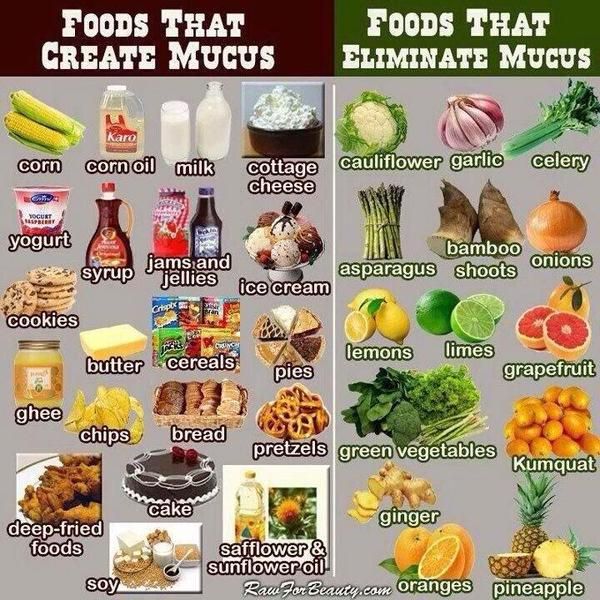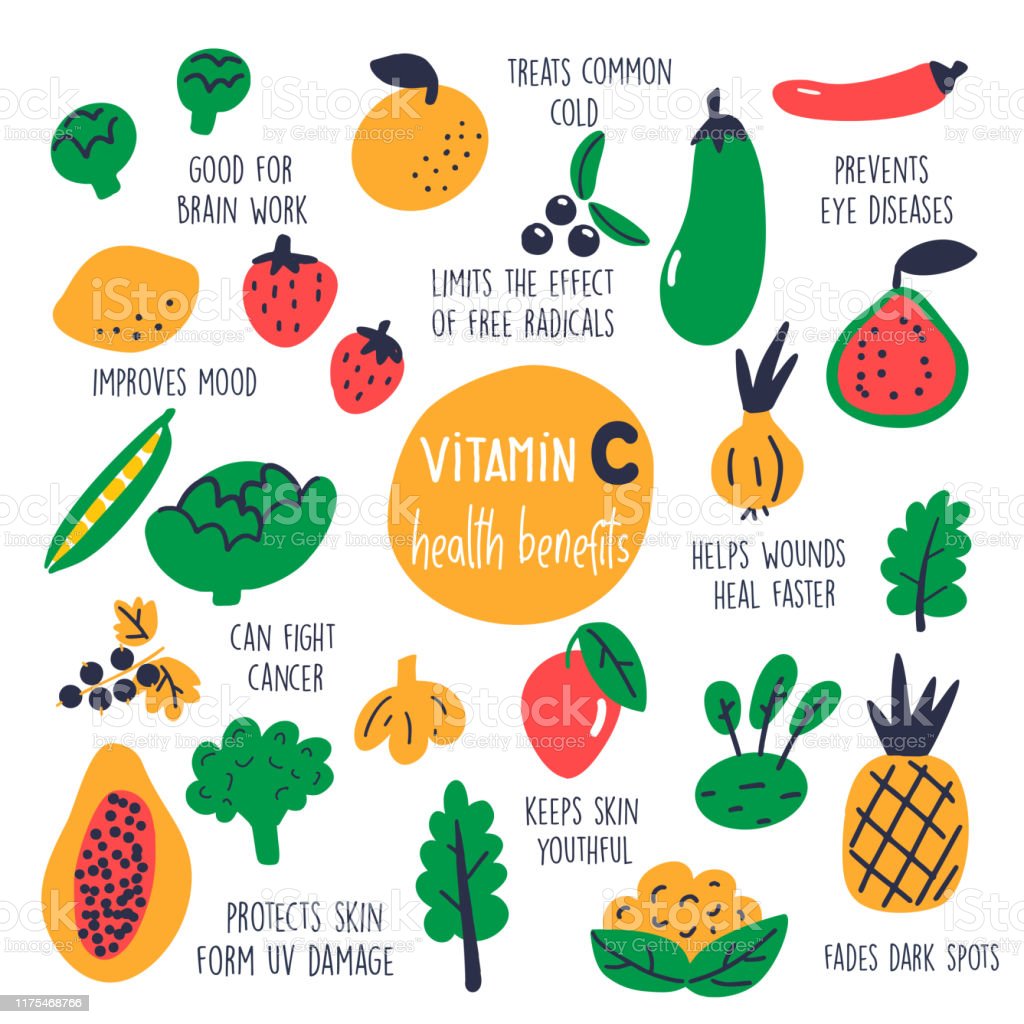
While the majority of diabetics should consume lots of meat, poultry, seafood, and eggs, they should also avoid sugar and fat. People who are concerned about the health effects of their diet should eat a diet rich in fruits, vegetables, whole grains, and legumes. Diabetic patients should still eat non-vegetarian food and drink occasionally. These tips will help them choose a healthy diet that suits the way they live.
Two common ingredients that can make diabetics more vulnerable are flour and salt. These ingredients can raise your blood pressure and cause you to eat more calories than necessary. While you should avoid foods high in sodium, there are still options to incorporate them into your meal plans without having to compromise your diet. A diabetic diet menu should contain a majority of whole foods. Whole foods have lower sodium and fats than those that are high in refined sugar. Avoid processed foods and fast-frozen foods whenever possible.

A balanced diet with carbohydrates, proteins and fat is the best way to manage diabetes. You don't have to go overboard with the carbohydrates and healthy oils, but you do want to be mindful of what is best for your body. A diabetes-friendly diet menu should have a balance of all three types. Fiber and protein will slow the digestion of carbohydrates, while fiber and protein will provide additional nutrition and boost your blood sugar levels. If you have been diagnosed with diabetes, it is essential to monitor your food intake closely and keep a proper blood glucose level.
The diabetic diet menu should reflect your child's current diet. This diet should be centered on carbohydrates, which can cause blood sugar spikes. Diabetic diets should avoid breads, pasta, and instead focus on fruits and vegetables. Both fruits and veggies are rich in fibres and antioxidants. Use whole fruits instead of juices. Avoid eating fruit after meals as they can spike blood sugar levels.
Soluble fiber in cooked oatmeal helps regulate blood sugar levels and improves heart health. Oatmeal is a good source of fiber, which is important for diabetics, as it can lower the insulin intake of the body. It's low in calories, high in fiber and low in calories makes it a great choice for diabetics. For type 2 diabetes prevention, it is important to include some fruits, nuts, and vegetables in a diabetic's diet.

The glycemic index should be used to determine the diabetic diet. This index ranks carbohydrate-containing foods by their effect on blood sugar. A dietitian can help guide you in choosing foods that are right for you. A diabetes diet menu can also be customized to meet your needs and lifestyle. You can have a healthy body, and live a diabetes-friendly life with the right nutrition. It is important to limit your intake of certain foods.
FAQ
Why is it important that we live a healthy and happy life?
Living a healthy lifestyle can help you live longer and more happy lives. Regular exercise, healthy eating habits, healthy sleep habits and stress management can all help prevent strokes, heart disease, diabetes, and cancer.
A healthy lifestyle will also improve our mental health by helping us cope better with everyday stresses. Healthy lifestyles will increase self confidence, and make us look and feel older.
How can I live my best life everyday?
Finding out what makes your heart happy is the first step to living a fulfilled life. Once you've identified what makes your happy, you can start to work backwards. You can also inquire about the lives of others.
You can also read books like "How to Live Your Best Life" by Dr. Wayne Dyer. He talks about finding happiness and fulfillment in all aspects of our lives.
What's the difference between a calorie and kilocalorie?
Calories measure the energy content of food. A calorie is a unit of measure. One calorie is equal to one degree Celsius in energy.
Kilocalories can also be used to refer to calories. Kilocalories measure in thousandths a calorie. For example, 1000 calories equals one kilocalorie.
What is the best diet for me?
Your age, gender, body type, and lifestyle choices will all impact the best diet. You should also consider how much energy your exercise consumes, whether you like low-calorie or high-calorie foods, and what you enjoy in terms of eating fruits and veggies.
If you are trying to lose weight, then you may want to try intermittent fasting. Intermittent eating means that you only eat specific meals throughout the day. This is in contrast to three large meals. This approach may prove to be more beneficial than traditional diets that have daily calorie counts.
Intermittent fasting has been shown to improve insulin sensitivity, reduce inflammation and lower the risk of developing diabetes. Intermittent fasting has been shown to promote fat loss as well as improve overall body composition.
Is cold an indication of a weaker immune system?
It's been said that there are two kinds of people in the world; those who love winter and those who hate it. You might wonder why you feel so miserable in the cold, no matter how much you love or hate winter.
The answer lies in the fact that our bodies are designed to function best during warm weather. Our bodies were designed to thrive in hot weather because this is where the majority of our food sources are.
However, our environment is quite different than that of our ancestors. We spend much more time indoors, often exposed to extreme temperatures (cold and heat), and we eat foods that are processed rather than fresh.
Our bodies don't have the ability to tolerate extremes. It means that when we do go outdoors, we are often tired, sluggish or even sick.
There are many ways to avoid these side effects. The best way to avoid these problems is to ensure that your body stays hydrated throughout the day. You can help flush toxins out of your body by drinking plenty of water.
You must also ensure that you are eating healthy foods. Healthy food will help your body maintain its optimal temperature. This is especially true for people who spend long hours indoors.
You can also meditate for a few minutes every day. Meditation helps to calm your mind and body which can make it easier to deal stress and illness.
What should I eat?
Consume lots of fruits, vegetables. They are rich in vitamins that can strengthen your immune system. Vegetables and fruits are high in fiber which helps to digest and fill you up. Aim to eat five to six servings of fruit each day.
Get plenty of water. Water flushes toxins from the body and gives you a full feeling between meals. Drink about eight glasses each day.
Refined grains should be replaced with whole grains. Whole grains are rich in nutrients such as iron, zinc and magnesium. Refined grains lack some nutrition.
Avoid sugary beverages. Sugary drinks can be a source of empty calories, which can lead to obesity. Instead, you can opt for water or milk, as well as unsweetened herbal teas.
Avoid fast food. Fast food has little nutritional value. You won't get the energy you need to function well, despite how delicious it may be. Choose healthier options like salads, soups and sandwiches as well as pasta dishes.
Try to limit alcohol intake. Avoid alcohol as it can cause empty calories and poor nutrition. Limit your consumption to no more than 2 alcoholic beverages per week
Reduce your consumption of red meat. Red meats are high in saturated fat and cholesterol. Lean cuts of beef or pork, lamb and chicken, as well as fish, are better choices.
Statistics
- nutrients.[17]X Research sourceWhole grains to try include: 100% whole wheat pasta and bread, brown rice, whole grain oats, farro, millet, quinoa, and barley. (wikihow.com)
- In both adults and children, the intake of free sugars should be reduced to less than 10% of total energy intake. (who.int)
- According to the 2020 Dietary Guidelines for Americans, a balanced diet high in fruits and vegetables, lean protein, low-fat dairy and whole grains is needed for optimal energy. (mayoclinichealthsystem.org)
- This article received 11 testimonials and 86% of readers who voted found it helpful, earning it our reader-approved status. (wikihow.com)
External Links
How To
27 steps to a healthy lifestyle if your family only eats junk food
Cooking at home is the most popular way to eat healthier. It can be difficult to cook healthy meals at home. This article will give you some tips on how to make healthier choices when eating out.
-
Find restaurants that offer healthy options.
-
Order salads before you order meat dishes.
-
Ask for sauces made without sugar.
-
Avoid fried food.
-
Ask for grilled meats, not fried.
-
Do not order dessert unless you really need it.
-
You should always have something to eat after your dinner.
-
Always eat slowly and chew your food thoroughly.
-
When you eat, drink plenty of fluids.
-
Don't skip breakfast and lunch.
-
Fruits and vegetables are a great addition to every meal.
-
Choose milk over soda
-
Try to stay away from sugary drinks.
-
Limit salt consumption in your diet.
-
Try to limit the time you go to fast food places.
-
Ask someone to join you if you cannot resist temptation.
-
Don't let your children watch too much TV.
-
When you are eating, keep the television off.
-
Avoid energy drinks
-
Take frequent breaks from your job.
-
Get up early in the morning and exercise.
-
Get active every day.
-
Start small and then build up slowly.
-
Set realistic goals.
-
Be patient.
-
Even if you don’t feel like it, find the time to exercise.
-
Positive thinking is important.